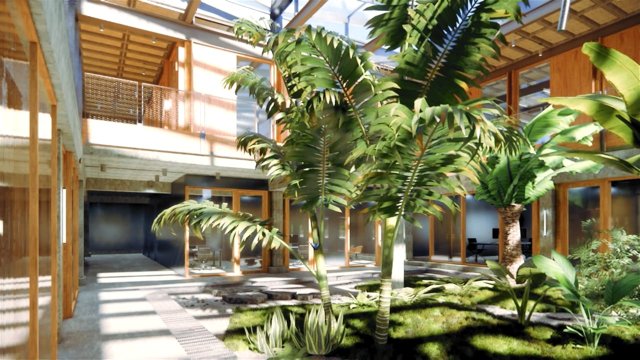Digital twin (smart city/3D modelling) topic currently attracts the attention and interest of many cities, authorities, industrial and research organizations at the national, European and international levels. By adopting Big Data and IoT technologies, the city stakeholders can push data-driven processes using shred data instead of only their own data.
The concept of the digital twin is not new, but now it has a different view. It combines Artificial Intelligence, Big Data and Remote Sensing potential to find new opportunities and to interact with virtual models to simulate “what-if” scenarios. Such scenarios can be useful in predictions or post effect data analysis on a building or city level.



